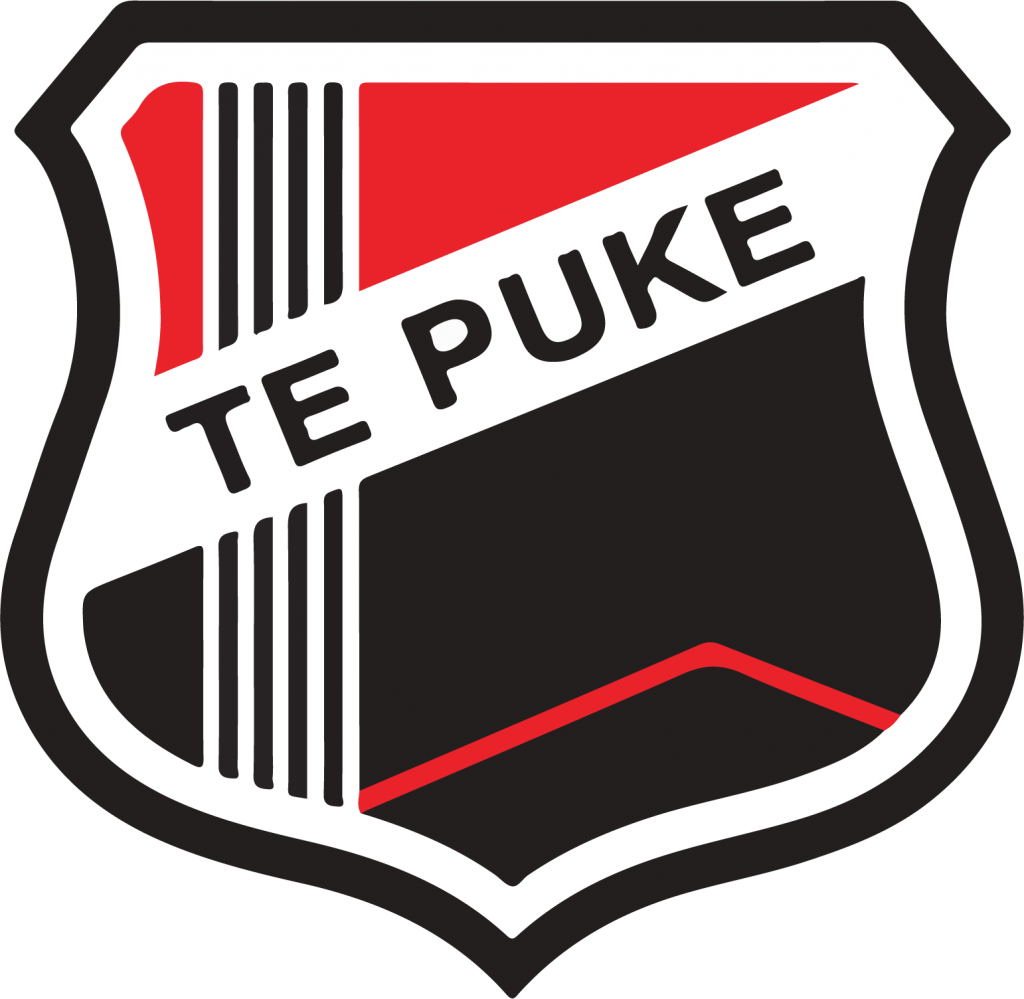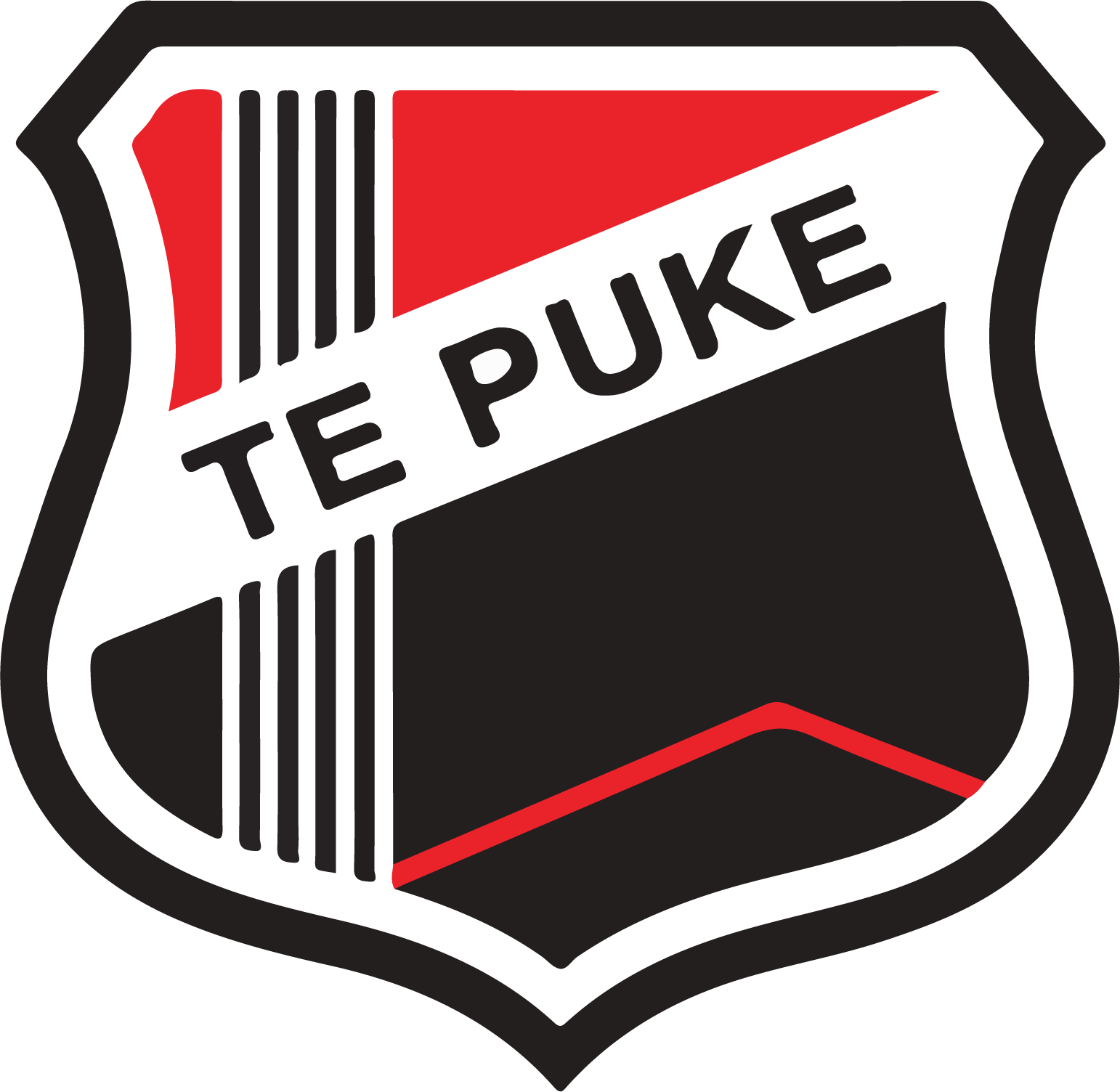Education Outside the Classroom at Te Puke Primary School
Here at TPPS we are committed to providing opportunities for our tamariki to experience learning adventures beyond the traditional classroom setting. Whether it be a walk to the local parks, school camps or educational trips, students love being given the chance to explore and engage in hands-on experiences while gaining invaluable knowledge about the world we live in.
School camps are a highlight for our senior students at the end of each year, where tamariki participate in team-building activities and outdoor pursuits, while bonding with their peers and fostering friendships. Sporting tournaments are also a part of EOTC and these happen frequently throughout the school year. Students are able to trial for different sports and competitions that allow them to grow confidence in themselves and support them in learning about self-management and team work.
Below is Te Puke Primary School’s EOTC Policy:
Education Outside the Classroom (EOTC) is defined as all those events that occur outside the classroom, both on- and off-site, including all curriculum, sporting, and cultural activities. It also includes overseas trips.
EOTC sits within our safety management system and planning and consent requirements vary according to the type of activity and risk assessment.
The school’s EOTC activities support and enhance the New Zealand Curriculum.
Students learn through experiences appropriate to their needs and environment. Students need a variety of experiences for maximum development, and should be given opportunities to explore and learn from the world outside the classroom.
School boards and individual teachers have a duty of care to students, and responsibilities under the Health and Safety at Work Act 2015.
EOTC activities must be approved according to the Ministry of Education Management Guide for EOTC activities. The board delegates the approval as relevant and holds the ultimate legal responsibility for approved excursions. All school health and safety policies apply to EOTC activities. When there is more than one outdoor education provider or other provider, the board and EOTC organisers consult, cooperate, and coordinate to ensure that health and safety responsibilities, including risk management, are met. Examples include inter school sports tournaments, school camps, and visits to outdoor education centres.
EOTC programmes, events, activities, and experiences:
- Enhance learning, through a variety of well-designed, first-hand experiences
- provide experiences for students that encourage awareness of the values and philosophies of the tangata whenua, and other cultures within the school community
- increase students’ knowledge, understanding, and appreciation of the school area, local district, and other familiar and unfamiliar places
- promote ecological awareness and personal responsibility towards the environment
- develop students’ skills in observation, recording, and organisation
- help students develop self-confidence and a sense of adventure
- assist students in their social development by placing them with others in unfamiliar situations
- help students develop an attitude of responsibility, particularly towards their own safety and that of others
- provide students with opportunities to work together in a group.
To make EOTC effective and safe, TPPS will:
- involve students, parents, caregivers, and the community at relevant stages of EOTC management (e.g. planning, approval, review, and evaluation)
- take all practicable steps to include students with additional support needs
- be aware of cultural considerations of participants
- ensure, where possible, that students are not excluded for financial or special reasons
- provide alternative learning situations for students unable to participate
- liaise with local early childhood centres and with contributing and receiving schools, where appropriate, so that EOTC programmes are coordinated
- follow Ministry of Education regulations and guidelines on safety and supervision, risk management, leadership, and legal requirements
- ensure adequate ongoing training for all staff involved in EOTC, including support staff attending approved workshops, seminars, courses and training, and assessment schemes.
Taking students out of the school environment can provide them with life-changing experiences, which they will remember for the rest of their lives. It can also put them at risk and into unfamiliar situations. Careful planning and preparation is needed to minimise risks and make the activity a positive experience for each student.



